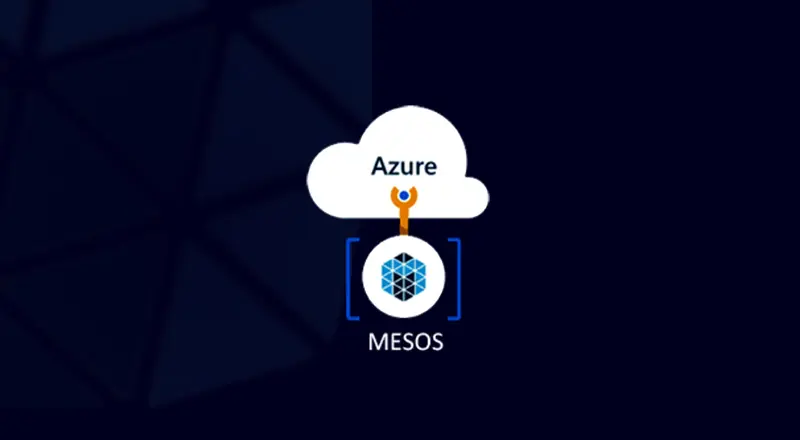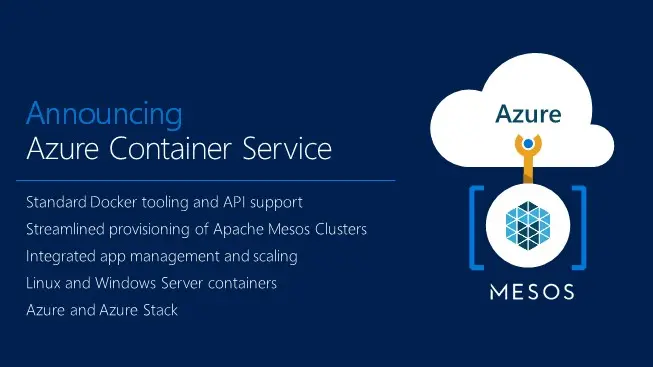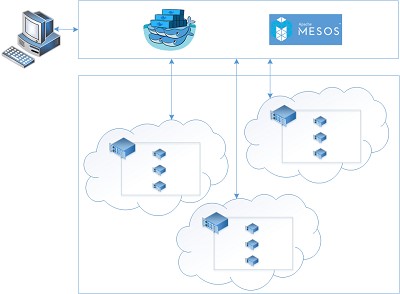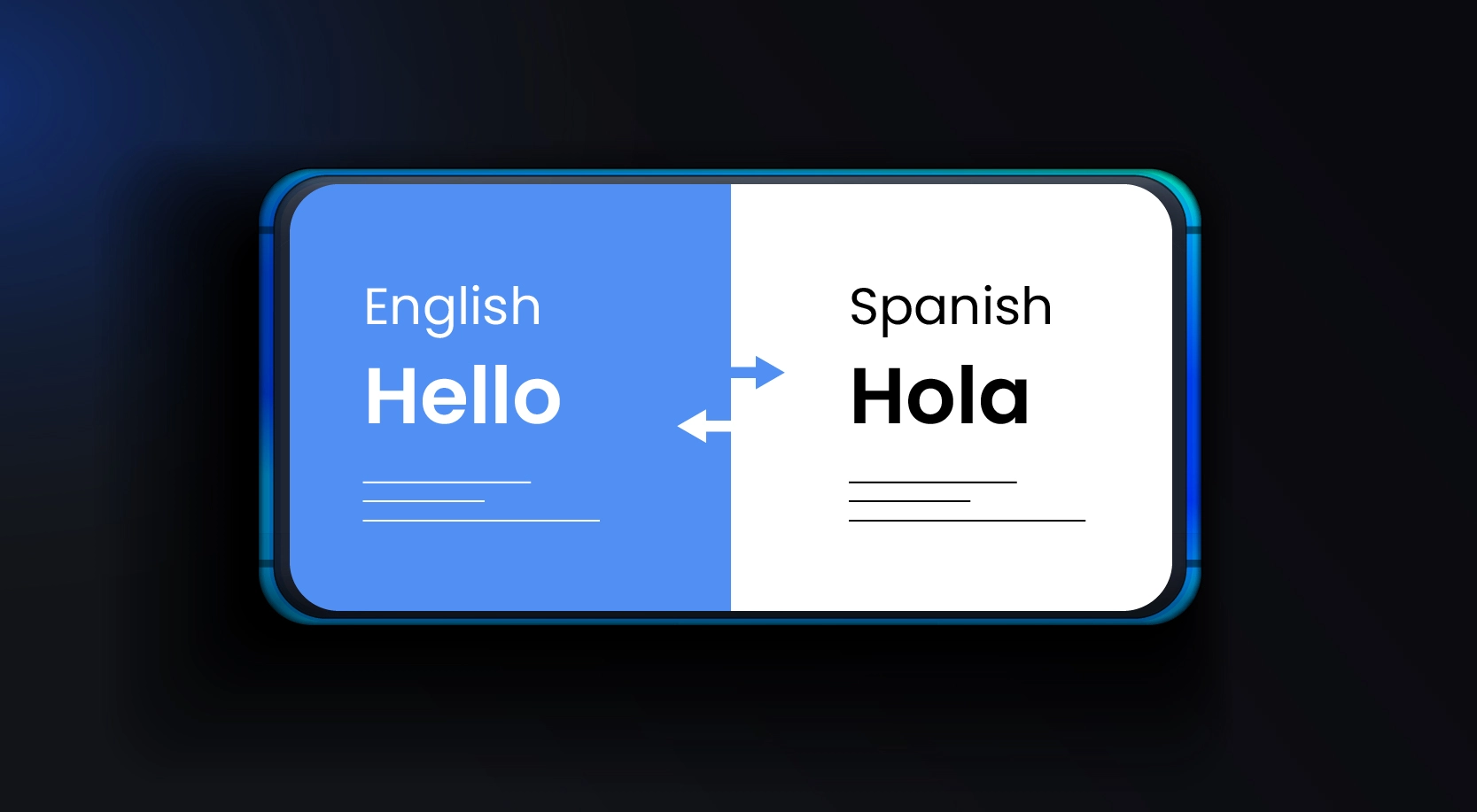
Microsoft has finally made its Azure Container Service, scheduling and orchestration service for its Azure cloud computing, available for the public. Azure Container Service, which allows its users to choose either Mesosphere’s Data Center Operating System (DC/OS) or Docker’s Swarm and Compose to deploy and orchestrate their containers, was first announced in September 2015 and hit public preview this February.
The challenge was that the complexity of tracking and managing high-density containers at scale grows at an exponential rate, making traditional, hands-on management approaches ineffective. However, the Azure Container Service addresses these challenges by providing simplified configurations of proven open source container orchestration technology, optimized to run in the cloud.
Azure Container Service: A Preview

The Azure Container Service offers simplified configurations of proven open source container orchestration technology, optimized to run in the cloud. In a few clicks, users can deploy container-based applications on a framework designed to help manage the complexity of containers deployed at scale, in production. The Azure Container Service has been built to provide clients with the benefits of running containerized applications, using a choice of open source technology, tools and skills, and with the support of a thriving community and ecosystem.
Leveraging the Docker container format, Azure Container to ensure that application containers are fully portable, while offering support to Marathon and DC/OS or Docker Swarm so that users can scale these applications to thousands of containers, or even tens of thousands. The Azure Container Service offers a choice of Data Center Operating System (DC/OS) or Docker Swarm and Compose. By using Azure Container, users can take advantage of the enterprise-grade features of Azure, while still maintaining application portability, including portability at the orchestration layers. (To elevate insight, click here).

What to do with the Azure Container Service?
Build an advanced container hosting solution
The Azure Container Service optimizes the configuration of popular open source tools and technologies specifically for Azure. Users get an open solution which offers portability for both your containers and your application configuration. They can select the size, the number of hosts and choice of orchestrator tools and Container Service handles everything else.
Maintain container applications using familiar tools
It is not required to change the existing management practices to move container workloads to the cloud. Users can make use of the application management tools they are already familiar with and connect via the standard API endpoints for the orchestrator of your choice.
Scale and organize using Apache Mesos or Docker Swarm
Azure Container Service offers users a choice of tools for container orchestration and scale operations. They can use Docker Swarm and Compose for a pure Docker experience. Or, users can use the popular Apache Mesos and selected frameworks for an alternative approach. It is extremely simple!! Users can choose the solution that suits their needs.
Add value with technologies that work well with each other
Microsoft works closely with the open source community and, by exposing the standard API endpoints for their orchestration engine, and ensures that the most popular open source tools are not only compatible with the Azure Container Service, but in most cases will work out of the box. This includes current tools such as visualizers, monitoring, continuous integration and command line tools, as well as future tools and features as they become available.
Microsoft cuddles up to open source again with containers
Just because an individual container is portable, it does not mean your application will be. In building Azure Container Service, the company has been careful to only use open source components in the application and orchestration layers to ensure your application not only uses the popular features of these toolsbut will be able to seamlessly migrate workloads to and from Azure at will.
Pricing & Availability:
Microsoft Azure’s Container in now available to help companies deploy and manage containers using their choice of software. Users of the service will be able to move their container workloads to the cloud easily and can still run their operations using open-source tools. The two most popular tools — Mesosphere’s Data Centre Operating System (DC/OS) and Docker’s Swarm and Compose — will be both be supported by Azure Container and users will be able to continue running their operations using the one they prefer.
The service will eventually become available as part of Azure Stack, the portfolio of software for on-premises data centers that’s based on Azure cloud services. The pricing information is here.
Azure Container – Road Ahead
With the general availability of the Azure Container Service, containers are ready for prime-time in the cloud, enabling organizations to transform the excitement and hype into concrete business value quickly and with confidence. Thousands of customers are already running containerized applications in Azure, converting the promise of agility and efficiency at cloud scale into business results.


